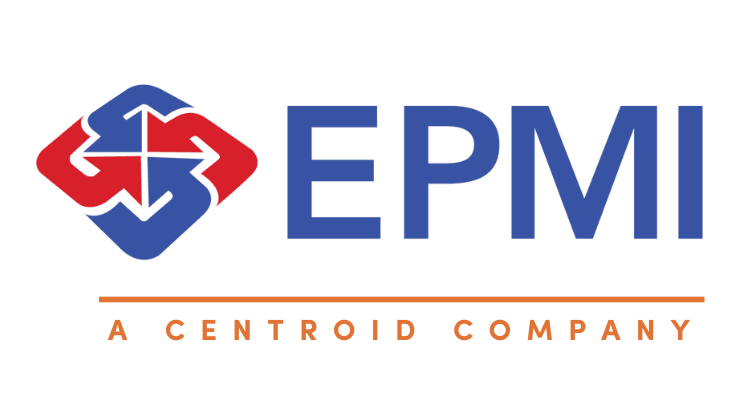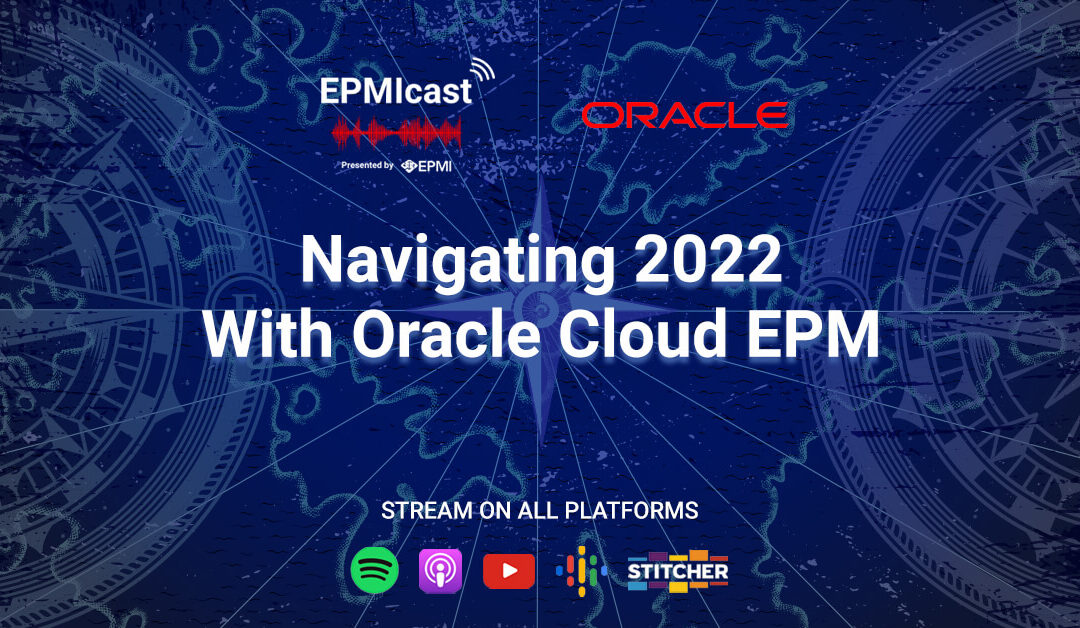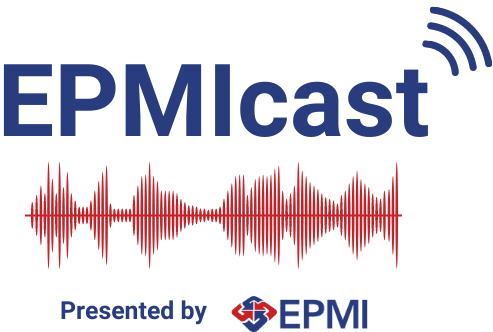In “Navigating 2022 with Oracle Cloud EPM,” Nihar Parikh sat down with Marc Seewald, Oracle’s VP of Product Management for Planning & Budgeting/Forecasting and Emerging Technology.
What stood out initially from Marc and Nihar’s conversation was the idea that the pandemic forced cloud software adoption to facilitate remote operations. The pandemic didn’t provide an alternative for businesses to operate – they had to invest in the cloud, or they saw dramatic drops in efficiency and process management.
In terms of Emerging Technology, we have a lot to look forward to for Cloud EPM…
Bring your Own Machine Learning “BYOML”
The idea behind BYOML stems from the concept that data scientists are technical individuals who build pattern recognition algorithms to recognize insights from high volumes of data. On the other hand, business line owners have the experience to recognize valuable insights from years of experience in the field. BYOML bridges this gap by providing self-service tools to business users/owners, to ask questions like:
- “What’s driving this forecast?”
- “How should we reallocate the budget based on last year’s variance?”
- “Which product lines should we reinvest in?”
Now, finance and accounting users can leverage the user-friendly tools to run Machine Learning regression analyses without a PhD in data science.
In this video (8 mins), Marc explains Oracle’s new Emerging Technology features including: Bring your Own Machine Learning and IPM Insights!
Predictive Planning
Predictive Planning has been one of the most recognizable applications of emerging tech, providing FP&A teams a statistical baseline, or threshold for their forecast assumptions. Rather than replacing humans outright, predictive planning provides a “gut check,” to ensure that more nuanced human assumptions align with statistical likelihood. Predictive planning allows CFO teams to balance human bias with data science and artificial intelligence.
IPM Insights
Another category of Emerging Tech, IPM (Intelligent Process Management) Insights is essentially a pattern recognition engine purpose-built for finance users. Marc’s team asked the question to finance users globally “What can we automate,” and found massive time savings in data manipulation related to financial planning and forecasting. While it may take analysts hours to find trends, it takes an algorithm seconds. IPM Insights has been a total gamechanger to reduce time spent on data manipulation and analysis. It enables finance and accounting teams to understand the meaning, implications, and strategic direction from any trends identified in the data.
So far, Oracle has categorized IPM use cases into three categories:
1. Backwards Looking Insight
– Finds variances between historical projections and actuals
– Calculates human bias in analysis, or a “trend of variance in this direction”
2. Forward-Looking Insight
– Compares manual forecast with a machine-based prediction with user-friendly in-app dashboards
3. Anomaly Insight Type
– Determine the relevance of anomalies in data sets
– For example seasonality in sales, or an anomaly due to another factor
– Apply data science to determine the impact of spike or anomaly
We always talk about Oracle’s $6B annual investment in R&D for Cloud Applications, and we are happy to see the fruits of the labor. It’s clear after speaking with Marc Seewald that his team has been busy creating future-ready tools for CFO teams that will drive increased forecast accuracy and process automation with every new release.








